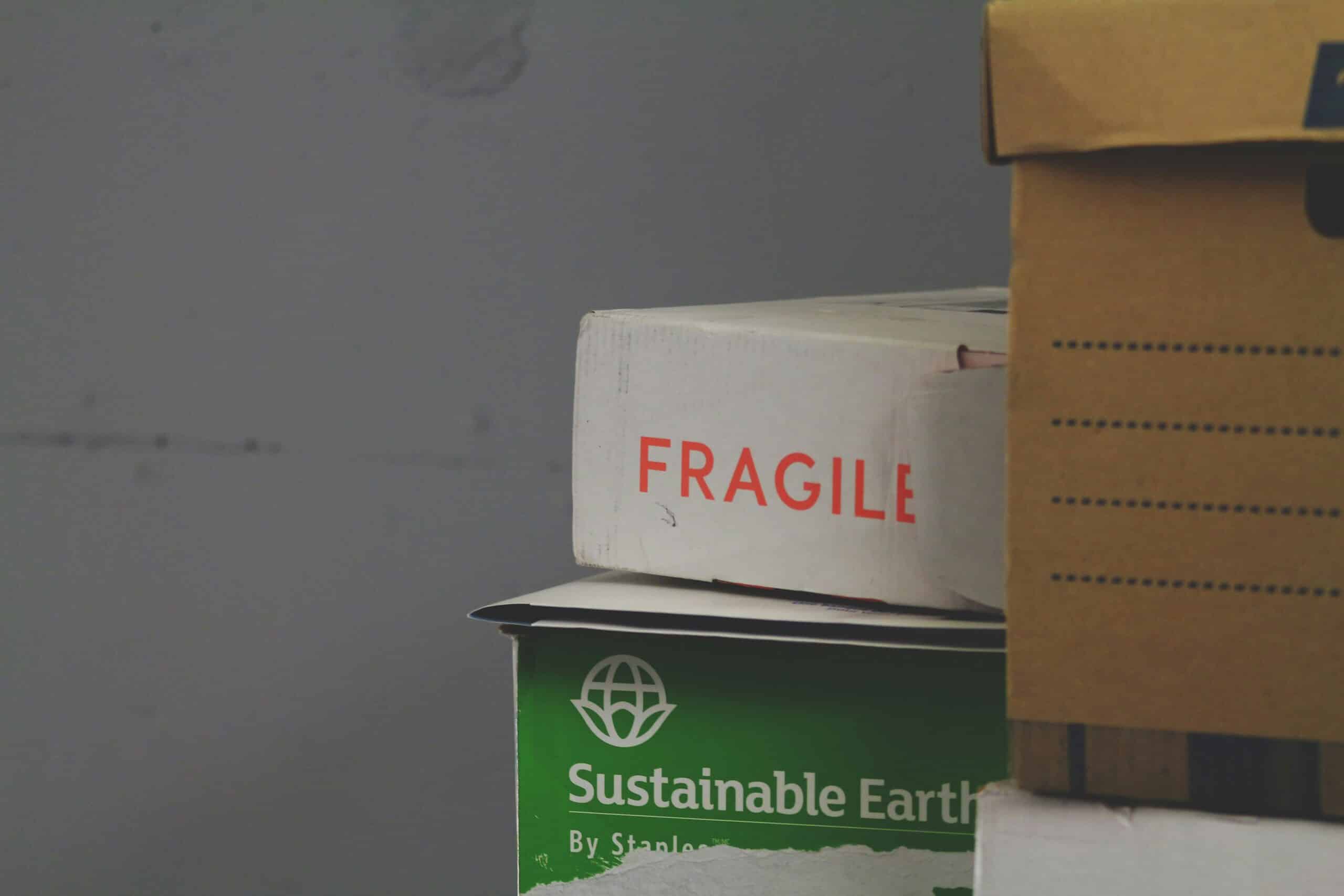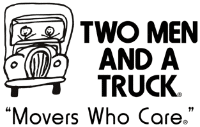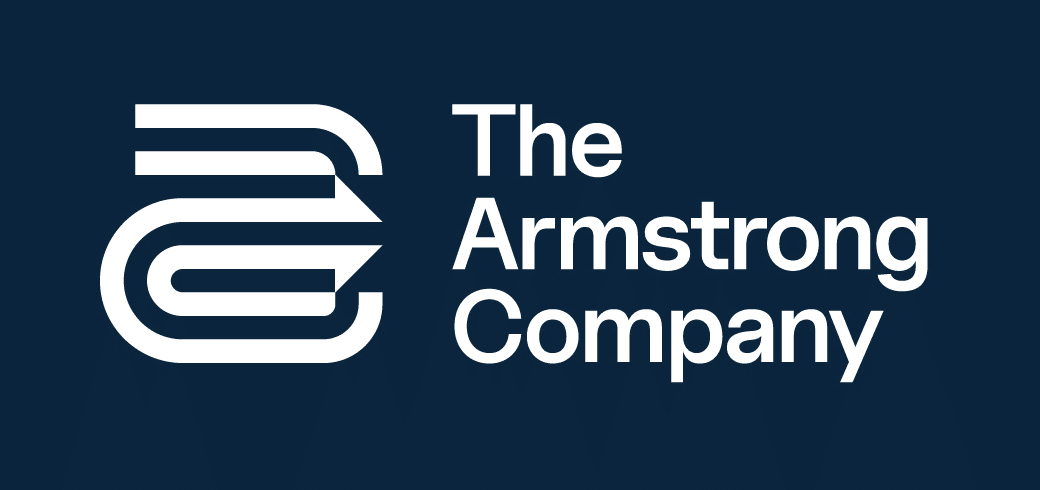Moving is more than just a simple change of address. It’s a complicated process filled with financial considerations, logistical challenges, and lots of potential unexpected costs. Whether you’re a first-time mover or a seasoned relocation veteran, understanding how to figure out moving costs can save you a lot of time, money, and stress.
In this guide, we’ll break down every aspect of moving costs, helping you become a savvy and prepared mover. From understanding basic pricing factors to uncovering hidden expenses, you’ll learn the information that you need to budget effectively and make informed decisions about your upcoming move.
Understanding the Factors of Moving Costs
Distance: The Key Factor in Determining Cost
Moving distances vary widely, whether you’re moving down the block or across the country. Each mile of a move can impact your total expenses. Understanding how distance influences pricing is important for accurate budgeting.
Local Moves: Hourly Pricing Explained
Local moves might seem straightforward, but they’re a complicated mix of hourly rates, labor costs, and logistical challenges. Local moves typically cover short distances within the same city or region. These moves are usually priced by the hour, with several key considerations:
- Average hourly rates range from $80 to $100 per hour
- Most local moves take 2-4 hours for a small apartment
- Additional movers increase the hourly rate
- Factors like stairs, long walking distances, and complex furniture can extend moving time
Long-Distance Moves: Weight and Mileage Calculations
Long-distance moves involve multiple logistical considerations that impact every aspect of pricing due to how complicated they can be. For moves that go between multiple cities or states, pricing becomes more complex:
- Costs are calculated by total weight of belongings and total miles traveled
- Average long-distance move costs range from $2,000 to $5,000
- Every 1,000 pounds can add $500-$1,000 to your total moving expense
- Fuel surcharges and transportation logistics play significant roles in pricing
Weight and Volume: Calculating Your Moving Load
Your belongings aren’t just items, they’re the primary metric that movers use to determine cost. Understanding the nuances of weight and volume can transform how you approach your move, potentially saving hundreds of dollars in unnecessary expenses.
Moving companies view your belongings as more than just personal items—they’re mathematical equations of space, weight, and transportation complexity. Each item you own represents a specific cost burden, from the lightweight throw pillows to the heavy antique dining table.
Inventory Assessment Strategies
Professional movers rely on precise inventory to generate accurate quotes. Your goal is to create a comprehensive, detailed record that leaves no room for surprises.
- Create a detailed list of all items to be moved
- Categorize items by weight (heavy furniture, boxes, miscellaneous items)
- Use a digital spreadsheet or moving app to track inventory
- Consider professional inventory services for complex moves
- Take photos of valuable items for insurance purposes
Reducing Moving Weight: Cost-Saving Techniques
- Sell or donate items you no longer need
- Digitize documents and photos
- Use vacuum storage bags for clothing
- Disassemble furniture to reduce volume
- Estimate potential savings: Reducing load by 20% can cut moving costs by 10-15%
Comprehensive Breakdown of Moving Expenses
Packing Services and Materials: Understanding the Costs
Packing is a process that can either streamline your relocation or become a source of stress and unexpected expenses. Understanding packing expenses can help you make informed, cost-effective decisions.
DIY Packing Costs
Do-it-yourself packing is a strategic approach to controlling your moving expenses. Each box you pack yourself is money saved in your overall move, but here is a breakdown of DIY cost estimates:
- Cardboard boxes: $1-$3 per box
- Packing tape: $3-$5 per roll
- Bubble wrap: $10-$20 per roll
- Marker sets: $5-$10
- Total estimated DIY packing cost: $100-$300 for a small to medium move
Professional Packing Services
Professional packers are well-trained, precise, and efficient when it comes to packing your household items. While this is more expensive, but it can turn packing from a dreaded task into a strategic process for your move.
- Hourly rates: $25-$40 per hour
- Full home packing: $300-$1,500 depending on home size
- Specialty item packing (artwork, electronics): Additional fees
- Insurance for professionally packed items often included
Storage Solutions: Flexible Options for Complex Moves
Whether you’re dealing with timing gaps between moves or need long-term solutions, sometimes you need a place to store your items until you can move them into your new home. Understanding storage options can help you plan more effectively.
Short-Term Storage Considerations
Short-term storage bridges the gap between leaving one home and arriving at another. It’s a flexible solution for complex moving scenarios, offering you breathing room during a possibly chaotic transition.
- Small unit (5×5 feet): $50-$100 per month
- Medium unit (10×10 feet): $100-$200 per month
- Climate-controlled units: 20-30% price premium
- Average rental insurance: $10-$20 per month
Long-Term Storage Strategies
Long-term storage allows you to store your household items over a longer period of time during moves, renovations, or extended travel.
- Negotiate extended stay discounts
- Compare multiple storage facilities
- Ensure proper item preparation for long-term storage
- Consider portable storage containers as an alternative
Advanced Moving Costs Calculation Techniques
Online Moving Calculators: Digital Estimation Tools
Technology has transformed how we estimate moving expenses. Online calculators can provide quick, preliminary assessments.
How Online Calculators Work
- Input current location and destination
- Estimate the number of rooms and belongings
- Provide instant cost range
- Accuracy typically within 10-20% of actual costs
Top Recommended Online Calculators
- MovingWizard.com
- Estimate.MovingCost.org
- Your moving company’s official website
- Always cross-reference multiple calculators
Hidden and Unexpected Moving Costs
Overlooked Costs That Can Surprise You
Moving expenses are like icebergs—what you can see on the surface represents only a fraction of the total cost. Unexpected fees can quickly transform a reasonable moving budget into a financial challenge.
Potential Additional Fees
- Elevator charges in apartment buildings: $50-$100
- Long-carry fees: $75-$200
- Specialty item handling: $100-$500
- Weekend or peak season surcharges: 20-30% premium
- Insurance for valuable items: Varies by item value
Money-Saving Strategies for Your Moving Costs
Strategic Approach to Reducing Moving Expenses
Moving doesn’t have to be a financial burden. With careful planning and smart thinking, you can significantly reduce your moving costs while still maintaining an efficient and high-quality relocation.
Strategic Moving Timing
- Move during off-peak seasons (late fall, early winter)
- Choose mid-month dates
- Avoid weekends and month-end periods
- Potential savings: 10-25% compared to peak moving times
Negotiation and Quote Comparison
- Request quotes from a minimum of three moving companies
- Ask about potential discounts
- Understand all included and additional services
- Negotiate based on comprehensive market research
Conclusion
Moving doesn’t have to be a financial mystery. With careful planning, research, and strategic decision-making, you can navigate moving expenses confidently and efficiently.
Remember, every move is unique. Use this guide as a comprehensive reference, but always be prepared to adapt to your specific situation.









